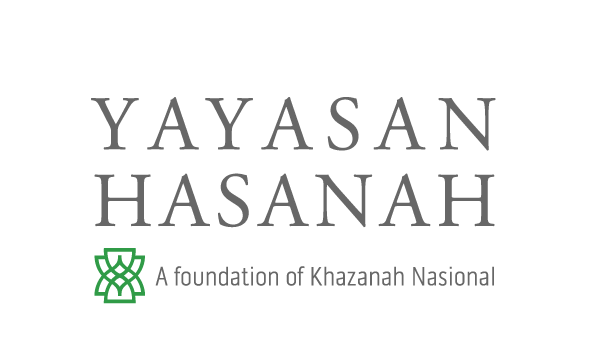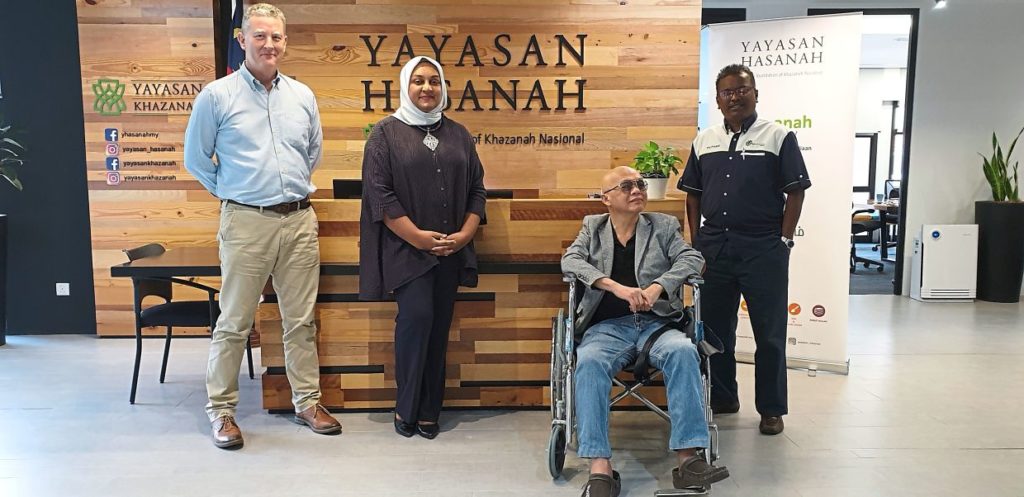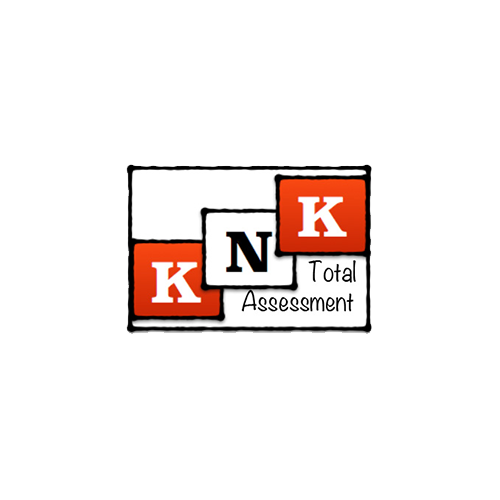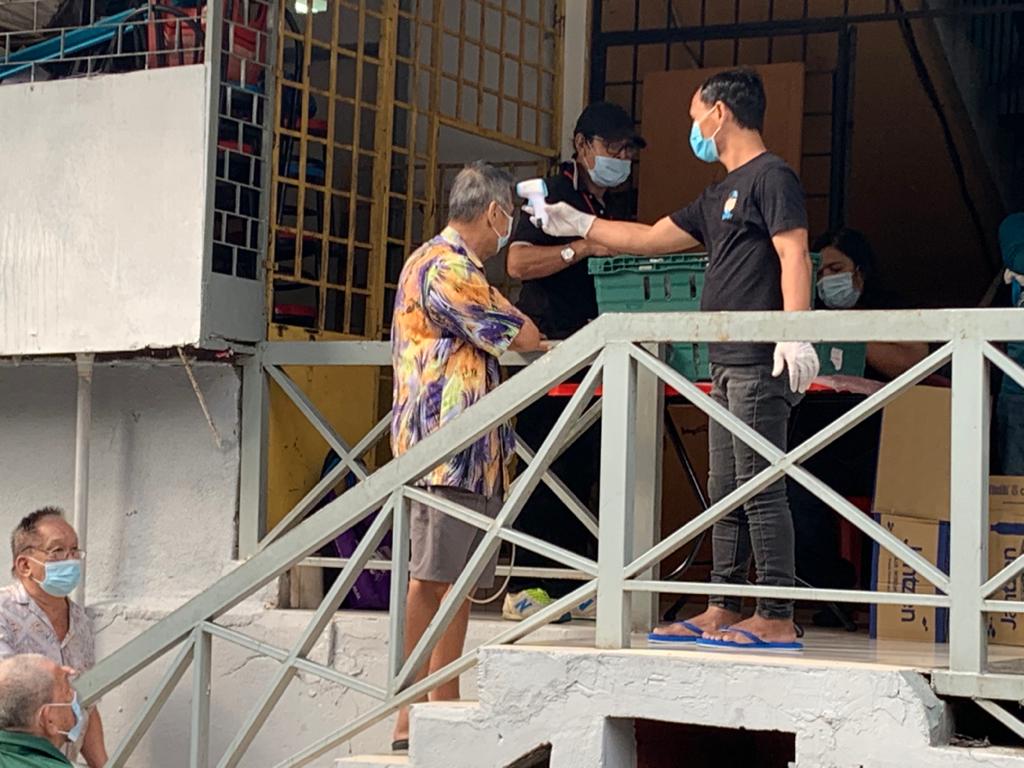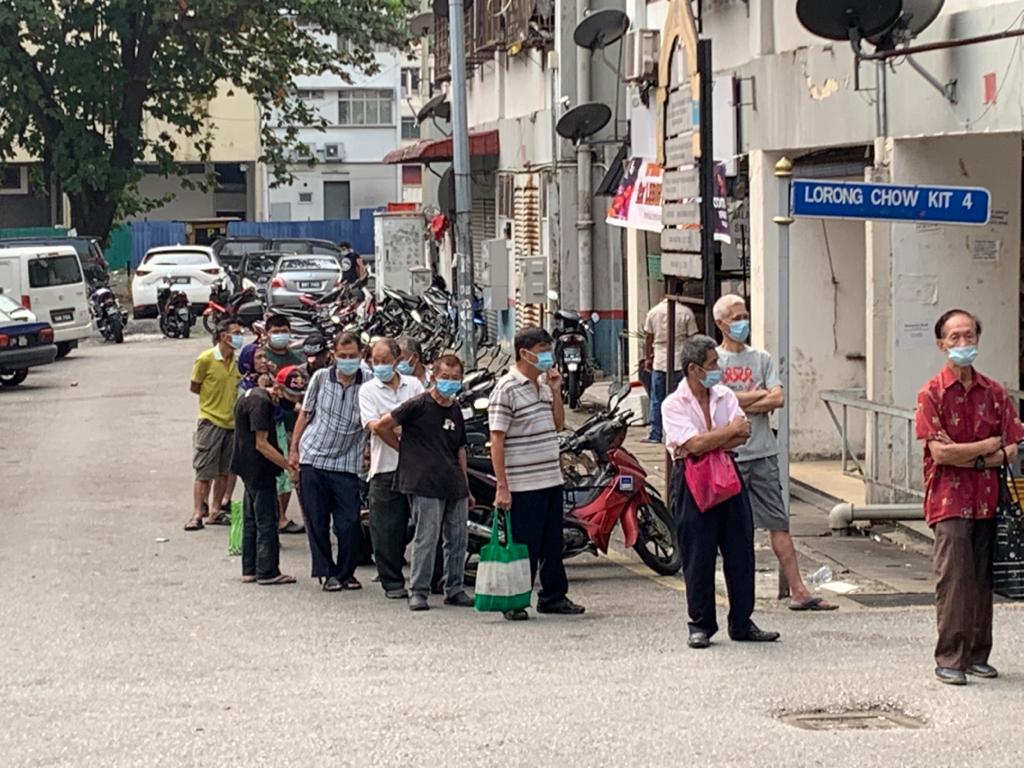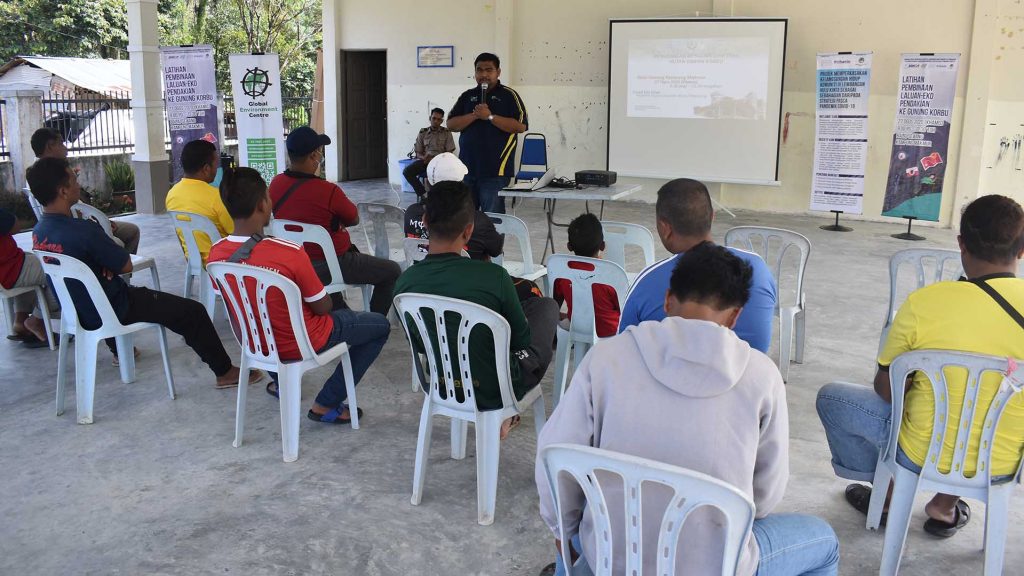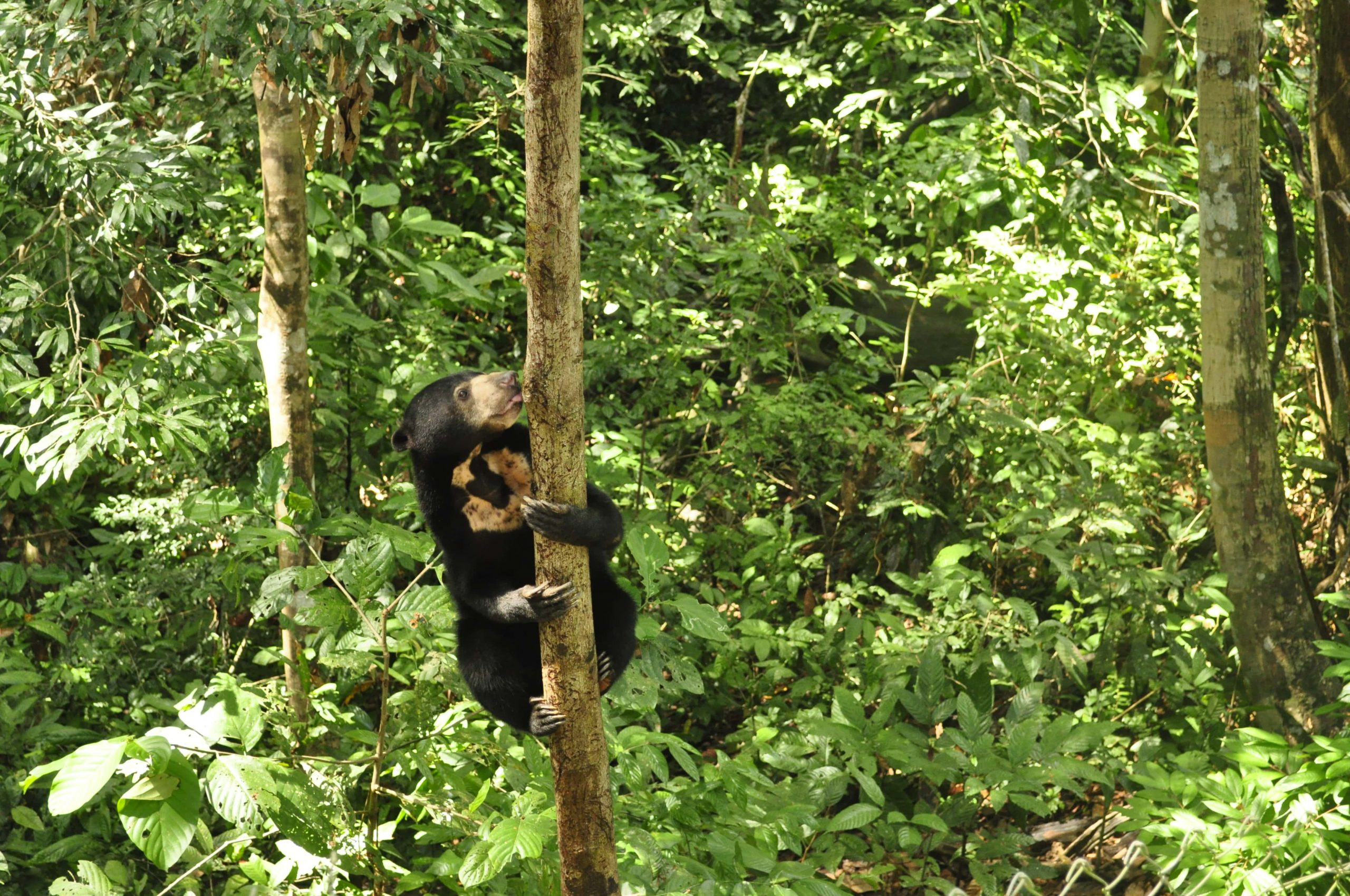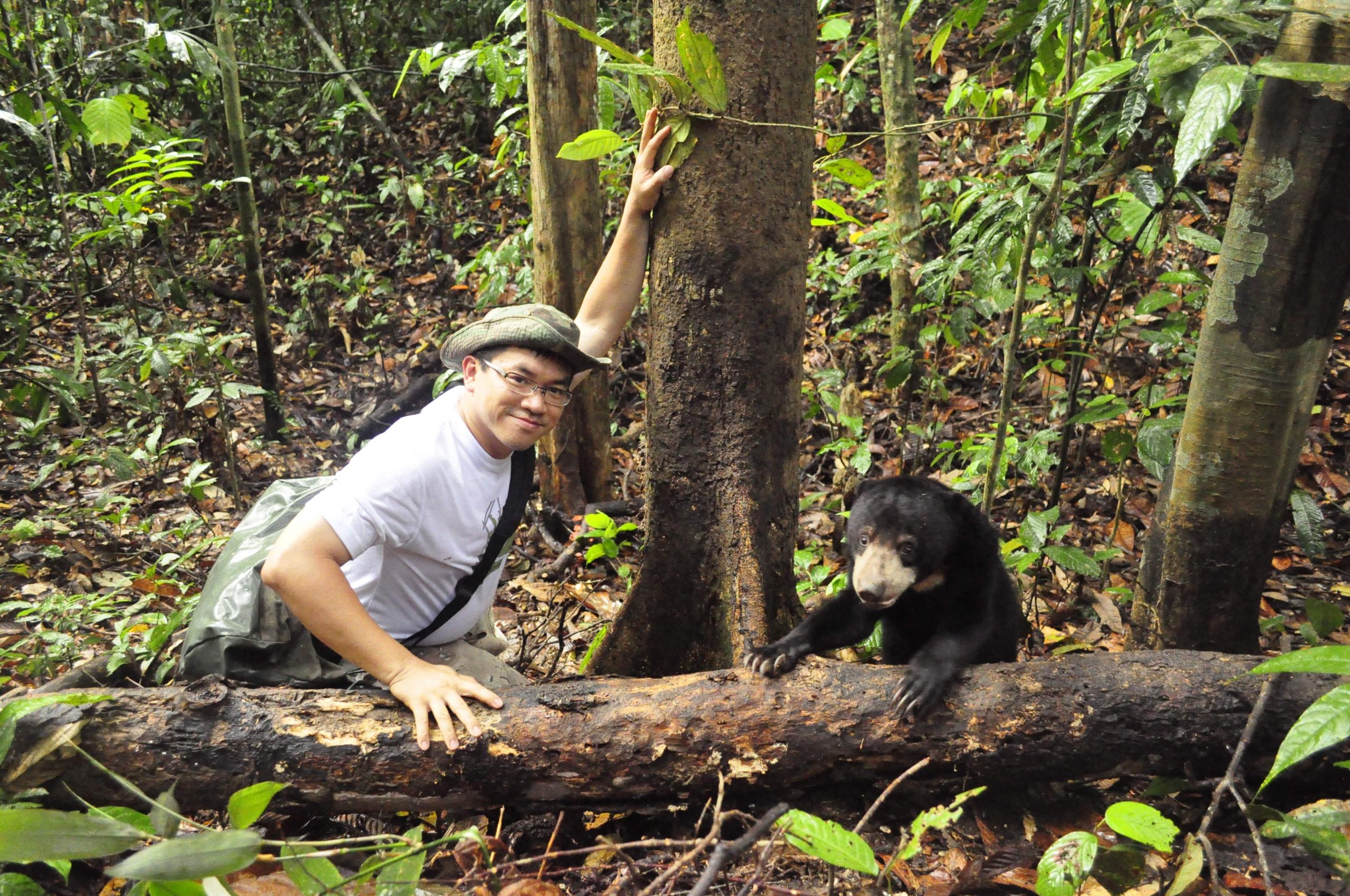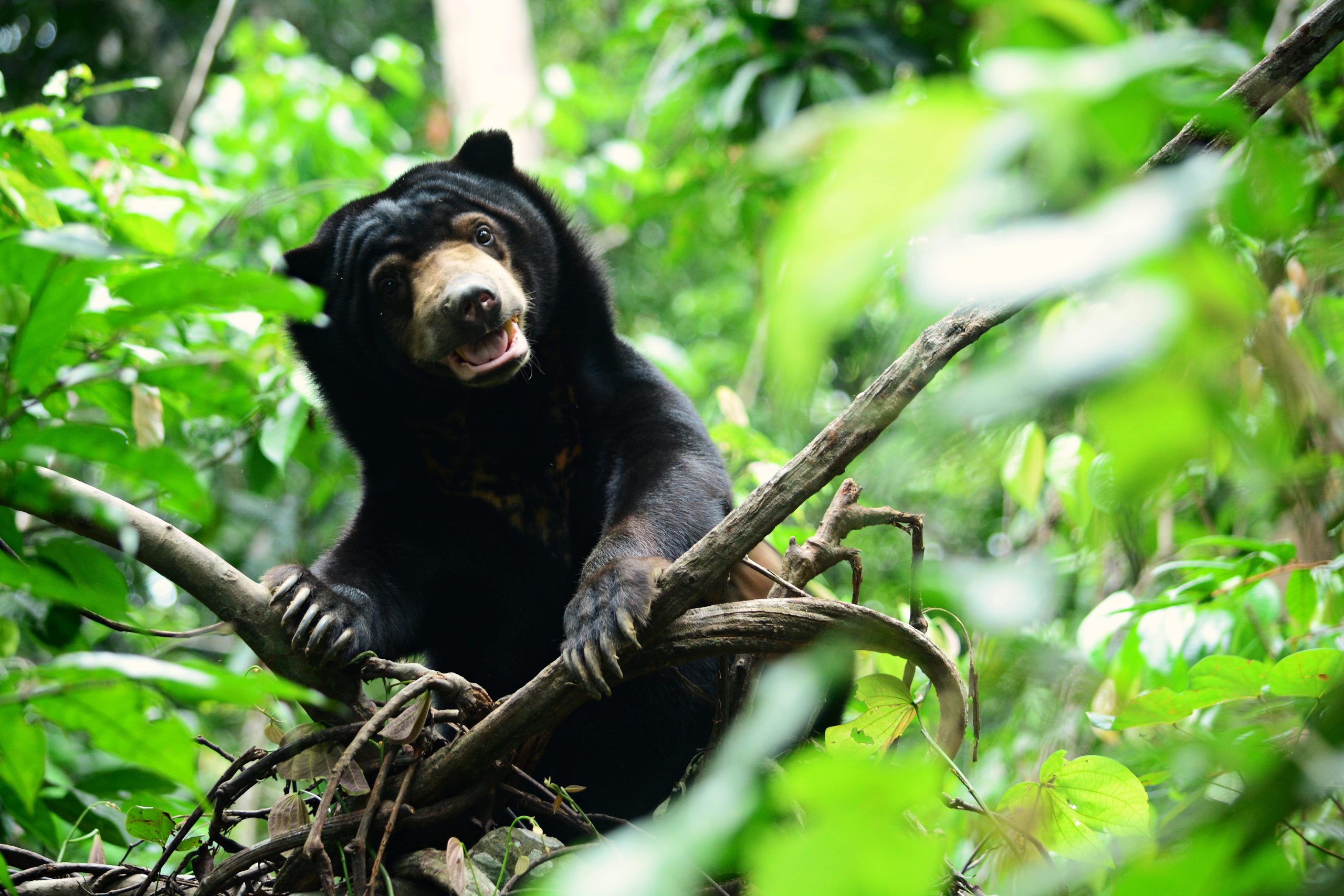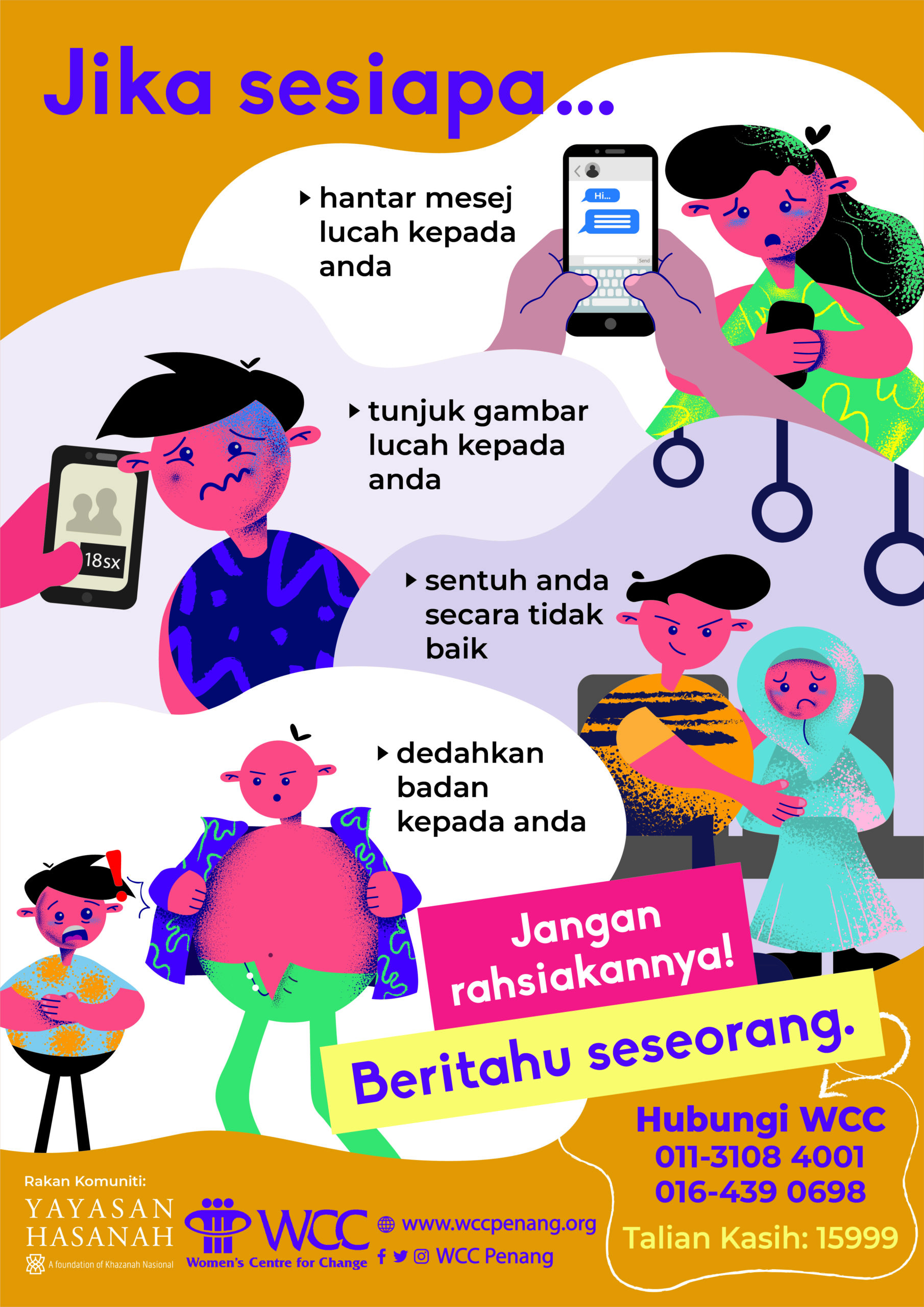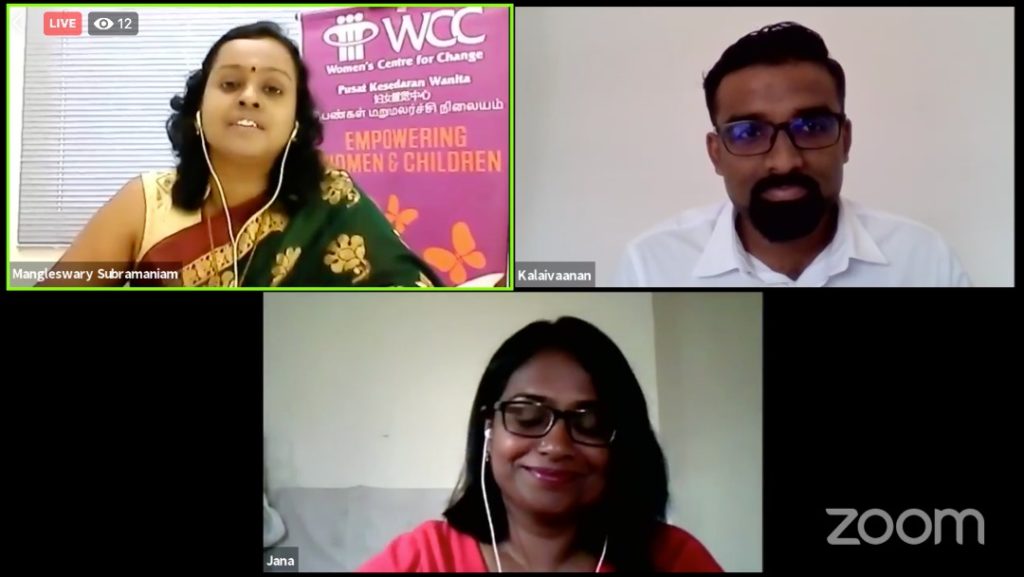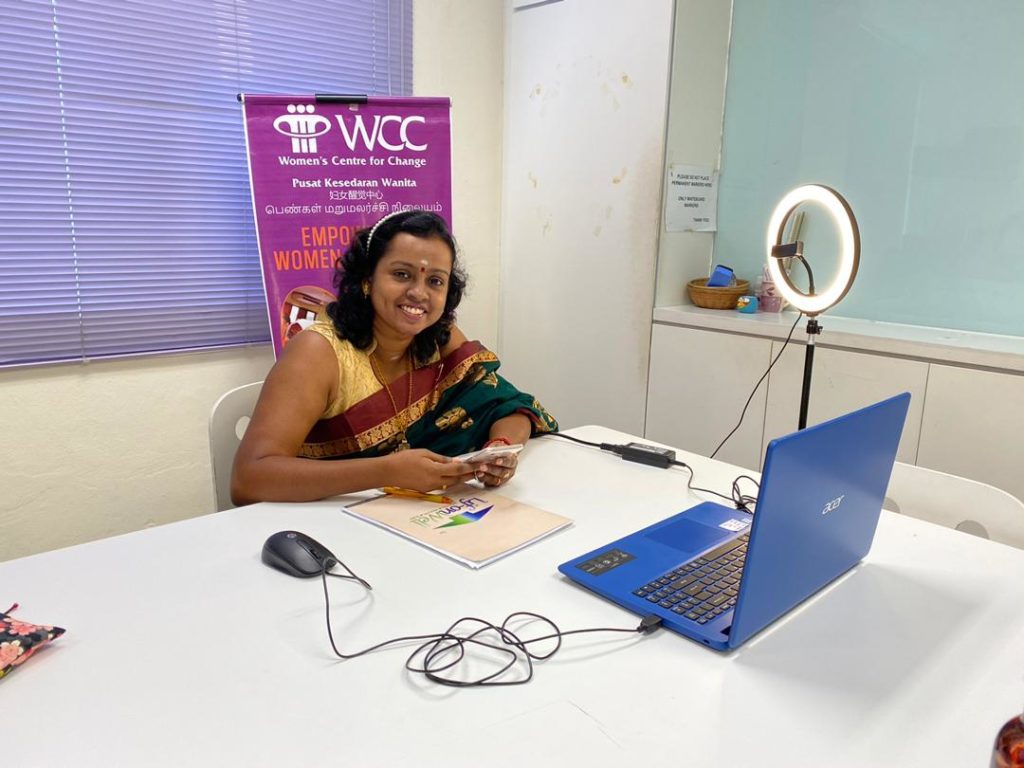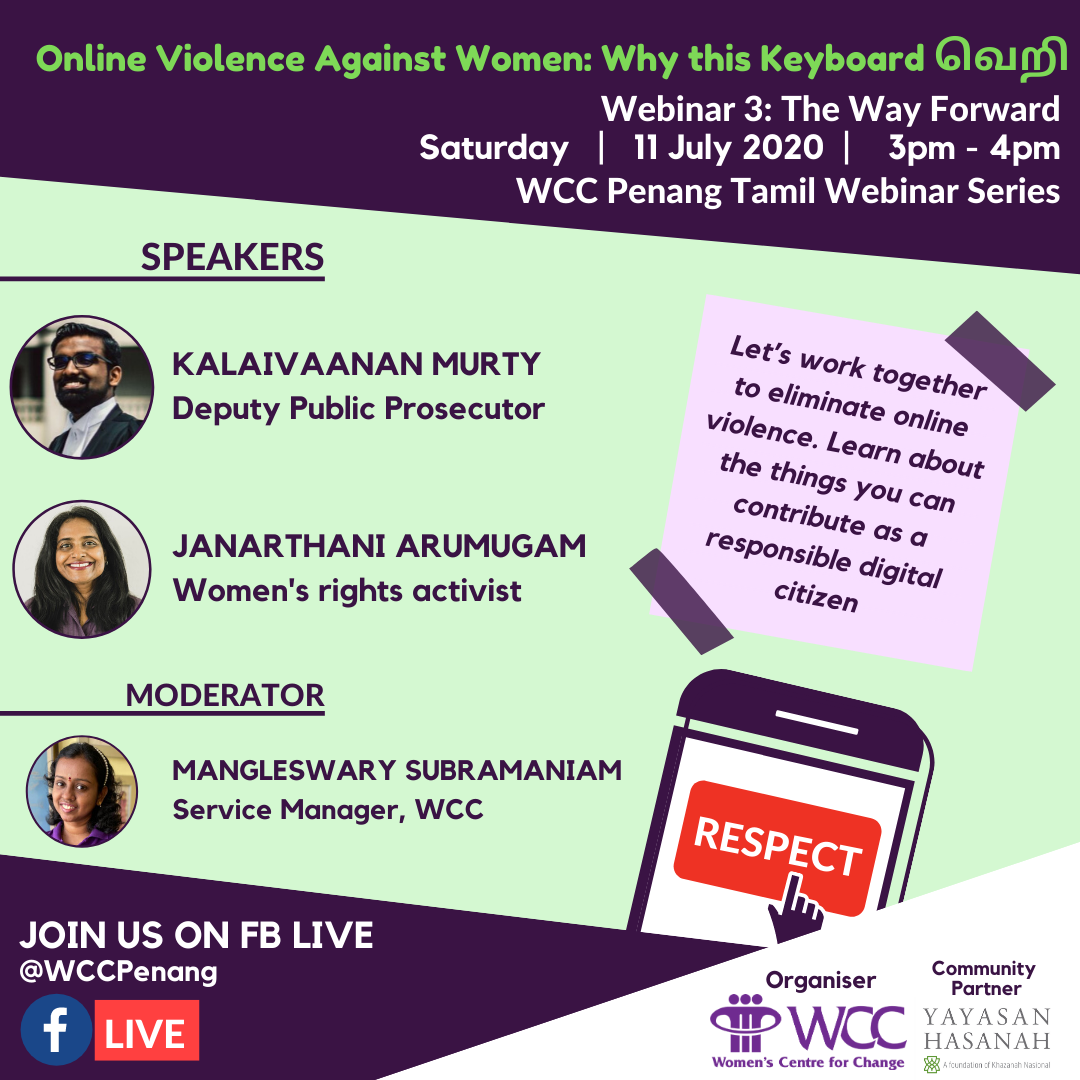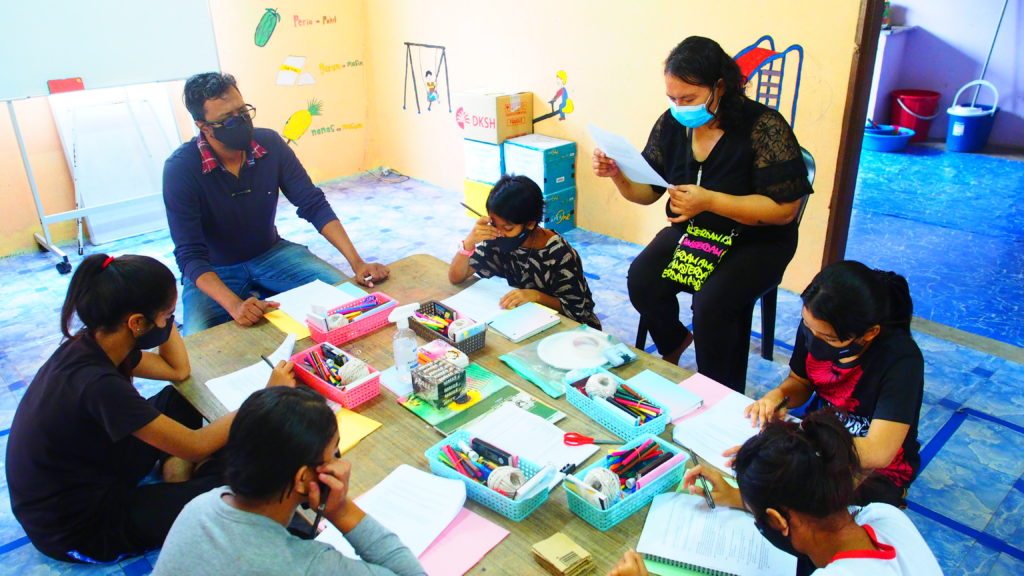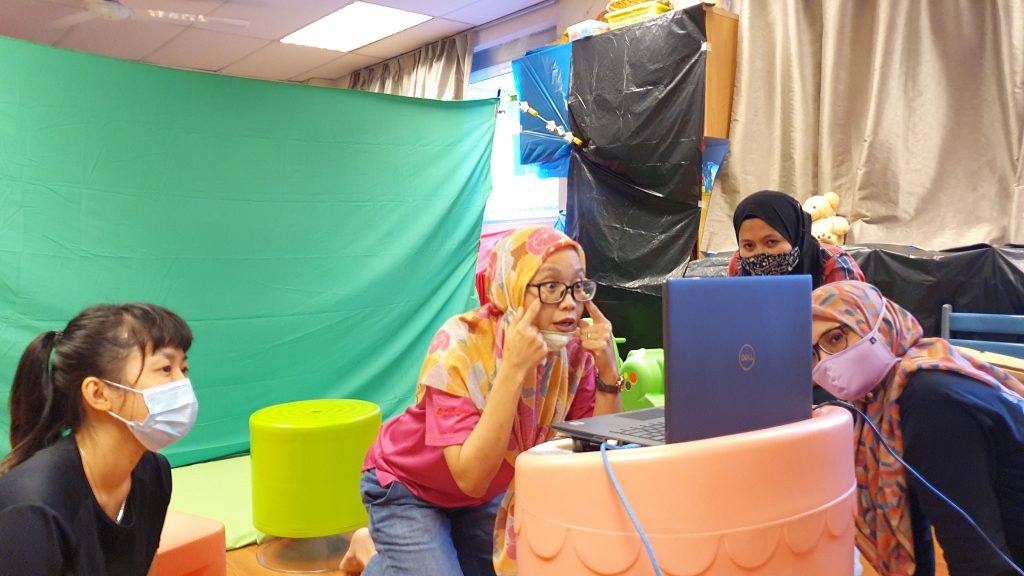THE Hasanah Special Grant (HSG) from Hasanah Foundation will help 40,000 people with 50 projects approved nationwide that offer assistance to vulnerable communities struggling with the effects of the Covid-19 pandemic.
Foundation managing director Shahira Ahmed Bazari said the grant was unique from previous ones as it allowed for the private and public sectors to work together in rapid mobilisation of resources that would directly benefit needy communities.
“Working with experienced civil society organisations, non-governmental organisations and social enterprises also enables us to reach out to many vulnerable communities that government agencies may not have access to.
“This unprecedented private, public and people partnership model has worked well to deliver rapid, efficient distribution of aid to a wider group, ” she said during an interview held at the foundation’s office in Shah Alam.
She believes the model has also created more trust, with the government now more open to working with the private sector to tackle the large-scale efforts needed to alleviate the burden faced by needy communities.
“We have a very inclusive approach as we are open to proposals from various organisations, ” she said.
Shahira said any organisation interested in applying for assistance must be registered for at least two years and have one year’s worth of audited financial accounts in order to be eligible for the grant.
“We have turned down many pilot projects as we need to ensure that approved projects are practical and achievable within a year, as well as ensuring that the results are able to be monitored and evaluated, ” she explained.
Of the 50 projects approved, many are focused on creating new jobs and increasing income-generation to promote long-term financial stability for their beneficiaries.
Grants awarded will go towards helping 236 people with disabilities, 402 Orang Asli, 105 stateless people and 60 refugees, besides one project helping to feed 43 sun bears in Sandakan, Sabah.
Dialogue in the Dark Academy founder Stevens Chan said their project’s aim was to provide skills training and education to over 60 disabled youths, particularly those visually impaired or wheelchair-bound.
“We conduct various training workshops, such as virtual education to enable them to become tutors, digital e-commerce skills or cooking and barista skills to enable them to break the cycle of poverty, ” he said.
Another recipient of the Hasanah Special Grant is Global Environment Centre (GEC), which focuses on empowering over 2,000 Orang Asli from four villages in Ulu Kinta, Perak, by getting them steady jobs while they protect the forests and rivers.
“The Orang Asli’s involvement in every step is vital in ensuring these ecotourism attractions allow them to achieve financial independence, ” said GEC manager K. Kalithasan.
Another key community not to be overlooked are island folk in Sabah, such as Reef Check Malaysia’s (RCM) ongoing project to help a fishing village in Pulau Mantanani by providing new job opportunities that are not dependent on tourism.
“We are trying to develop some stable livelihoods, including setting up a virgin coconut oil production facility, a small-scale vegetable farm and an abalone farm off the waters of the island to generate long-term income for the local community, ” said RCM general manager Julian Hyde.
All three organisations expressed hope that donors would not just provide one-off monetary aid but also help these causes in the long term by supporting local products.
